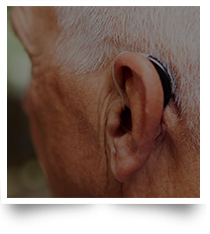Nose & Sinus Services
Sinus Problems
The four sinus cavities, frontal, maxillary, ethmoid, and sphenoid are lined with soft tissue called mucous membrane and covered with cilia. The lining and cilia protect the body from dust, pollen, germs, and other foreign bodies in the air, and humidifies the air entering in through the nose. However, such high exposure to environmental irritants can overwhelm the body’s natural defenses and makes many people susceptible to sinus infection or bacteria-nearly 50 million Americans are affected by sinus disorders annually.
Symptoms of sinus disorders vary widely. Infection from colds or sinusitis can result in facial pain and pressure, discolored mucous discharge, or nasal obstruction. Most people can be treated with antibiotics, i.e. decongestants, antihistamines, and saline sprays although surgery is an option if pharmaceuticals prove to be ineffective. Other factors such as a deviated septum may necessitate surgical treatment.
Sinus Surgery
Endoscopic sinus surgery, also known as sinoscopy, is a minimally invasive surgical procedure used to remove blockages in the sinuses for recurring or non-responsive sinus infections.
During the procedure, a thin lighted tube with a camera on the end is inserted into the nose to let the doctor visually examine the area. Tiny surgical instruments are then inserted to remove the obstructive tissues. Endoscopic sinus surgery does not require any incision, as the whole procedure is performed through the nostrils. Most procedures are performed on an outpatient basis and patients can go home the same day.
Most patients experience a major relief in symptoms such as facial pain and swelling, difficulty breathing and headaches. Aside from sinus surgery, endoscopic sinus surgery can also treat a deviated septum, polyps or tumors.







